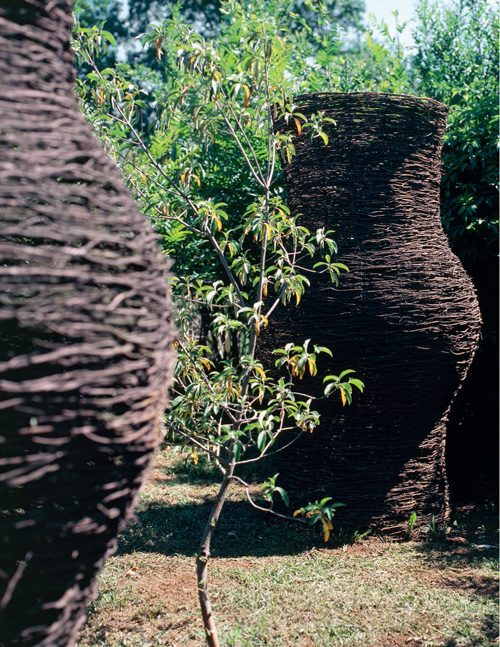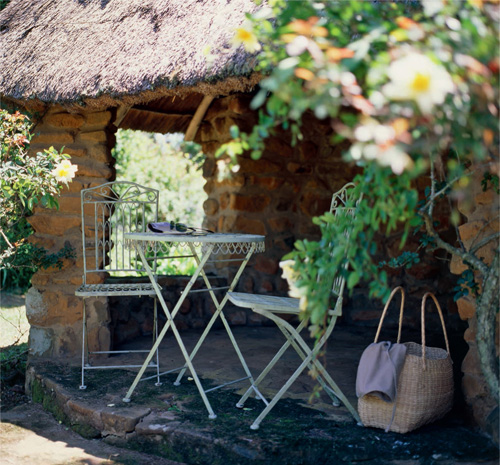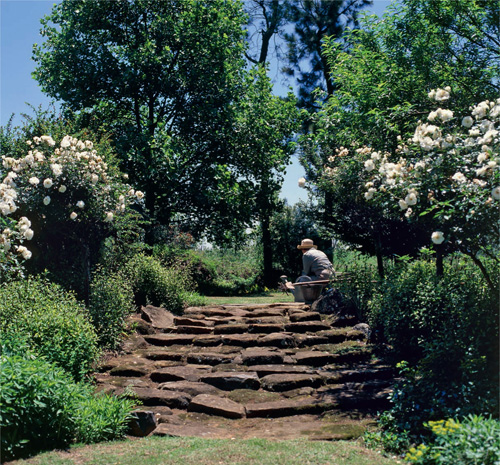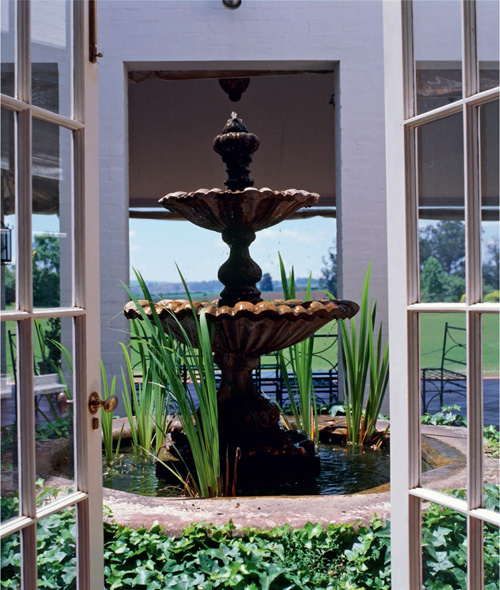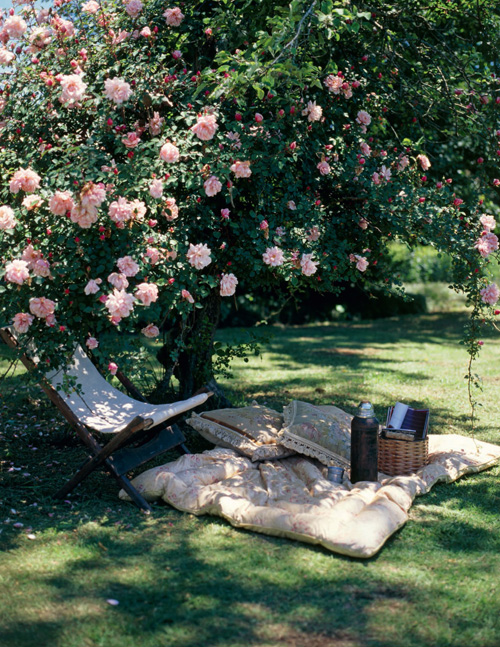Waterways and sangomas
The main homestead of this property, Fordoun, in the KwaZulu-Natal Midlands, was built in the 1920s. Later the farm was bought and the homestead altered by Sir George and Lady Usher in 1949. It was further altered by the present owners, Jon and Micheline Bates, who inherited the property. A few years ago the adjoining farmyard was converted into a boutique hotel and spa. The conversion included all the original sheds, barns, dairy and living quarters, some of which had been built as far back as the 1860s.
The sound and ambience created by running water pervade the entire estate. There are seven points of water pouring into ponds or running along channels, with gurgling falls. The water is sourced from a nearby lake where one small pump pushes the water to a point from which it detours into the individual features. Gravity leads the water back to a central collection point, from which it returns underground to its original source.
‘In the African traditional medicinal trade, most plants are gathered from the wild, resulting in many being threatened with extinction.’
JON BATES
